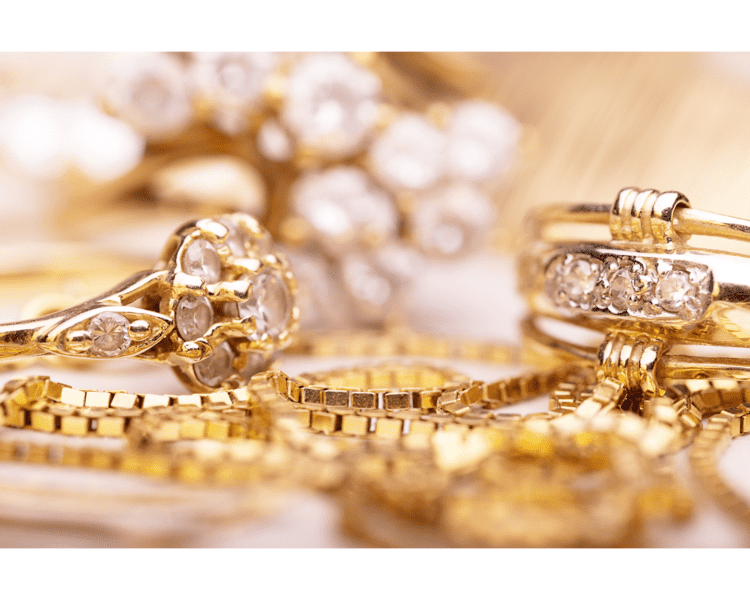
Precious Protection: How Insurance Covers Your Jewelry Against Theft
Jewelry often holds not only significant financial value but also sentimental worth, making it a prized possession for many. However, these precious items are not immune to theft, loss, or damage. That's where insurance comes into play. In this blog, we'll explore how insurance can cover your jewelry against theft and provide peace of mind for your cherished valuables.
Homeowners or Renters Insurance
Many homeowners and renters insurance policies provide coverage for personal property, including jewelry. However, there are some important points to consider:
- Coverage Limit: Homeowners and renters insurance policies typically have a coverage limit for valuable items like jewelry. This limit may vary depending on your policy, but it's often in the range of $1,000 to $2,500. This means that if your jewelry is stolen or damaged, you may only receive compensation up to this limit.
- Deductible: Keep in mind that your insurance policy will likely have a deductible. You'll need to pay this deductible before your coverage kicks in. For example, if your deductible is $500 and you have a $1,000 jewelry claim, you'll receive $500 from your insurance company.
- Special Limits: Some policies impose special limits on certain categories of jewelry, such as watches, gemstones, or silverware. These limits may be lower than the overall coverage limit, so be sure to review your policy carefully.
- Itemized Coverage: To ensure your valuable jewelry is adequately covered, you may need to schedule or itemize specific items on your policy. This involves providing detailed descriptions and appraisals for each piece. It often comes with a higher premium but provides better protection.
Specialty Jewelry Insurance
While homeowners or renters insurance can provide some protection for your jewelry, it may not be sufficient for high-value or sentimental pieces. In such cases, you may consider specialty jewelry insurance or a jewelry floater:
- Coverage Value: Specialty jewelry insurance allows you to insure your jewelry for its full appraised value. This ensures that you'll receive compensation equal to the item's worth in case of theft or loss.
- No Deductible: Some specialty jewelry insurance policies have no deductible, meaning you don't need to pay anything out of pocket in the event of a claim.
- Comprehensive Coverage: This type of insurance typically covers a wide range of risks, including theft, loss, damage, and even disappearance.
- Coverage for Newly Acquired Jewelry: Many specialty policies automatically provide coverage for newly acquired jewelry for a limited period, which can be helpful for gifts or recent purchases.
- Valuation Documentation: To secure coverage, you may need to provide appraisal documentation or receipts for your jewelry.
Conclusion
Insurance can be a valuable safeguard for your jewelry against theft, loss, or damage. Homeowners or renters insurance can provide some protection, but it often comes with limitations and may not fully cover your valuable pieces. For high-value or sentimental jewelry, specialty jewelry insurance offers more comprehensive coverage and peace of mind. Remember to review your policy, assess your jewelry's value, and consider specialty coverage to ensure that your cherished items are adequately protected. With the right insurance, you can enjoy your jewelry collection with confidence, knowing that it's backed by a safety net in case the unexpected occurs.

